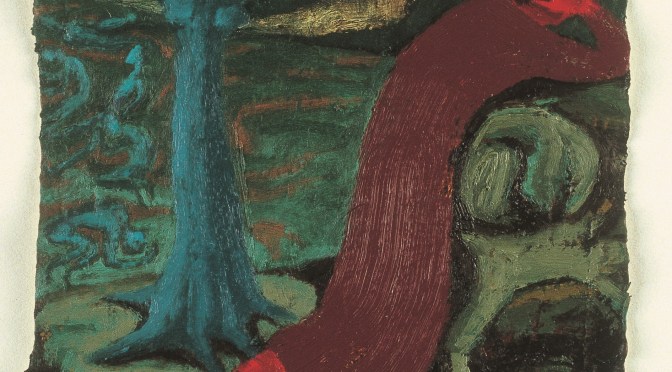Today is Palm Sunday, the day we remember Jesus’ Triumphant Entry into Jerusalem. You can read the story for yourself in all the gospels, including Luke 19:28-40.
Downloadable PDF
Full Text
This week is Palm Sunday, so named after the palm branches people picked up from the ground or cut from trees to wave and shout with triumph as Jesus’ rode on a donkey and entered the city of Jerusalem.
But this week my mind has been as much on the Christmas story as it has been on the triumphant entry of Jesus into Jerusalem.
Why? Well, last Sunday was Census day here in England and Wales. And as I filled in my census, I was reminded that according to Luke’s gospel it was a census called by Emperor Augustus that led to Mary and Joseph taking a journey from Nazareth in the north, the Bethlehem in the south to register. (Luke 2)
There is no mention of a donkey in Luke’s gospel, but it is perhaps a faux-pas that is helpful for us today – linking these two journeys – Christmas and Palm Sunday – together for us.
You see, I was thinking about how the call for a census, in some way, can be seen as the people in power using that power to play God – by seeking to know who is who. For Joseph and Mary it was the first census, the first time people had been asked to ‘register’. By registering, the ruling powers now knew who was who, and perhaps even where they were – certainly, because the people had to go to their hometown, where they had come from was now known.
Living in 21st Century we’re quite used to other people having details about us. Type “Dan Balsdon” into a Google search and it will soon tell you much about me!
But up to this point in history to be known was not something that would be seen in the same way. You might be known by your local community, a few traders in other places perhaps, family if they lived elsewhere, and for the faithful – by God. The idea of being registered in a society or country was not normative.
The opening line of Psalm 139 hold much more significance when we recognise that to be known had a very different emphasis and meaning before that first census.
“O Lord, you have searched me and known me.” (Psalm 139:1)
And so I wonder, given all of time and space, why God chose this moment, when a census was to be taken that would make the unknown known, that would change the societal and economic map, that would have an impact on the dynamics of power for the future, as the time for the Word to be made flesh and dwell amongst us. (John 1)
30 or so years on, Jesus journeys on a Donkey into the city of Jerusalem. Depending on which gospel account you read there are palms waved (though not in Luke’s account) and cloaks laid on the ground (but not in John’s account). And it is commonly titled something along the lines of Jesus’ Triumphal entry into Jerusalem.
But actually, it’s not the triumphal entry we might expect. The moment is once again a particular one, because as Jesus entered Jerusalem by the east gate, Pilate was entering by the west, in full military procession, with soldiers in armour and sword, probably horses and chariots.
Jesus’ entry is distinctive and different, almost to the point of comedy. Instead of swords there are tree branches. Instead of soldiers in clothed armour, people de-clothed and laid them down on the ground. Instead of horse and chariot, there are disorganised crowds and Jesus rides a donkey.
Jesus is playing with power by subverting expectations – saying ‘I’ll be king, I’ve be a Saviour, but not the king or Saviour anyone will expect – just you watch’.
Jesus had been challenging power in many ways for many months, and it finally comes to a head in Jerusalem, where Jesus is arrested, put on trial and crucified. But while Jesus can be said to be playing with power, he was not playing with God. Jesus was God.
For mere days later – what happens – well, spoiler alert – Jesus’ shows the true power of God – and is raised to life again. Much to the surprise of everyone!
While the sort of society we live in today is a far cry from that of Jesus day, Jesus’ call continues to us, to pick up our palms and challenge misuse of power, to challenge institutions and regimes that play God, and put our one true God who truly knows us for who we are, beautiful and wonderful beings made in God’s image, with capacity to love and do amazing things, at the centre of our very being.
So friends, what palm are you going to pick up and wave today?







